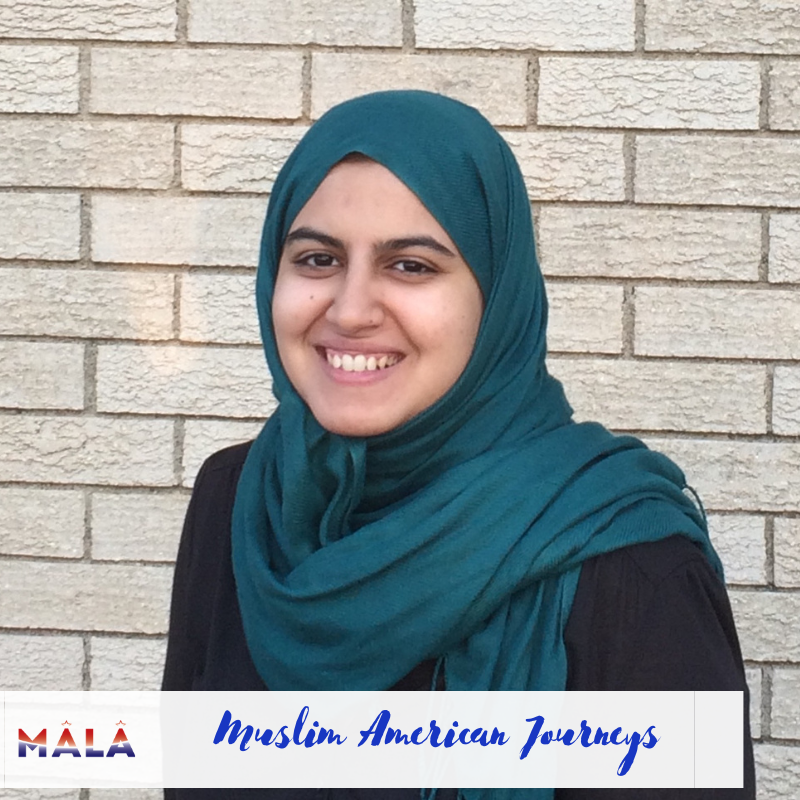Aabiya Noman Baqai is a 2022 recipient of MALA’s Emerging Leaders Scholarship Program, which offers scholarships to people of all backgrounds in the pursuit of higher education.
My identity has always been a source of confusion for me. I was born in Saudi Arabia and lived there for 23 years before moving to the U.S. for graduate school. However, my parents were Pakistani which meant I always had a Pakistani passport and “identity” even though I never lived there. Saudi’s lack of allowance for birthright citizenship complicated the way I identified myself. I was never fully Pakistani, never fully Saudi – just someone in between. I was adamant on associating myself with a country, and so I defined myself through my Pakistani identity. The reason for this was because my Pakistani passport defined the way I was able to access other “nations” and opportunities. I was first understood by my passport, then my achievements, particularly as I traveled outside of Pakistan. The more I experienced bias and discrimination due to my nationality, the more superficially patriotic I became for my “home country” even though I had no idea what it was like to be a Pakistani living in Pakistan.
So, I started orienting my career goals towards wanting to do something for my country, trying to build an association with my “community” back home. Afterall, it was from where I got my last name, my mother language, my culture, my taste in food etc. So when I moved to the U.S., I made sure I always included the part about being originally Pakistani whenever someone asked me where I was from. I didn’t want to lose sight of why I was here in the first place. I wanted to be able to gain knowledge that I could use to make a difference “back home”. Additionally, I thought that if I failed to include that part of my identity in my introduction then I’d be fooling people into thinking I was Saudi, which I was not, and was never going to be. This is despite me genuinely considering Saudi my real hometown because that’s where my memories have always been.
As I have progressed in my career in my Master’s and now as a PhD student in the U.S. I’ve slowly come to realize how nationalism is an imagined construct created by leadership regimes forcing us to differentiate between wanted and unwanted populations. Whereas, communal connections with neighbors, friends, peers, family are a lot more important and truly shape the way I perceive myself and my identity. It’s about the people I feel allied with, no matter where I am geographically. I don’t have to be a certain nationality to be accepted. I can identify with several heterogeneous groups at once and cannot be reduced to a single imagined national association. This is a powerful yet underrated form of identity that emerges through authentic connections with other people. Thus, my notion of “giving back” has evolved to forming allyships with people globally who have also faced challenges in forming national associations. This is now not limited to just Pakistan.


